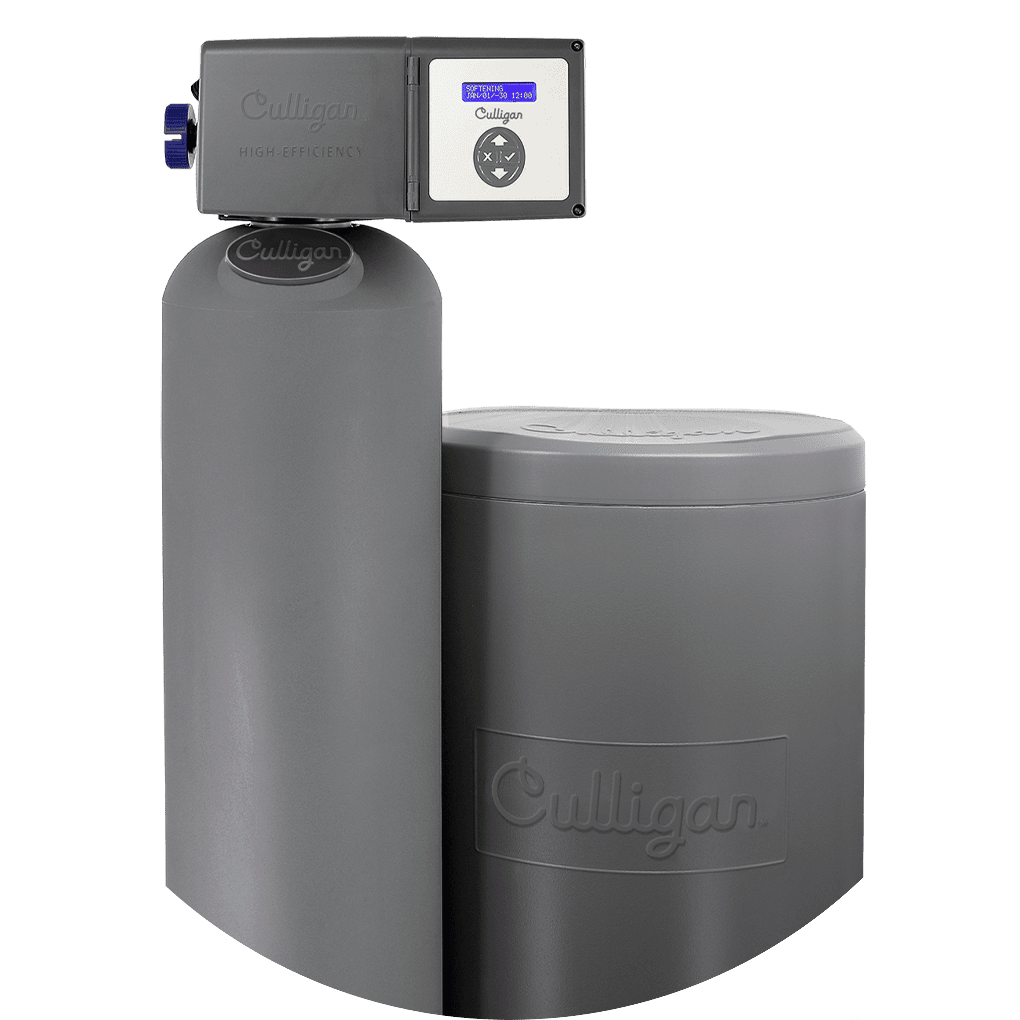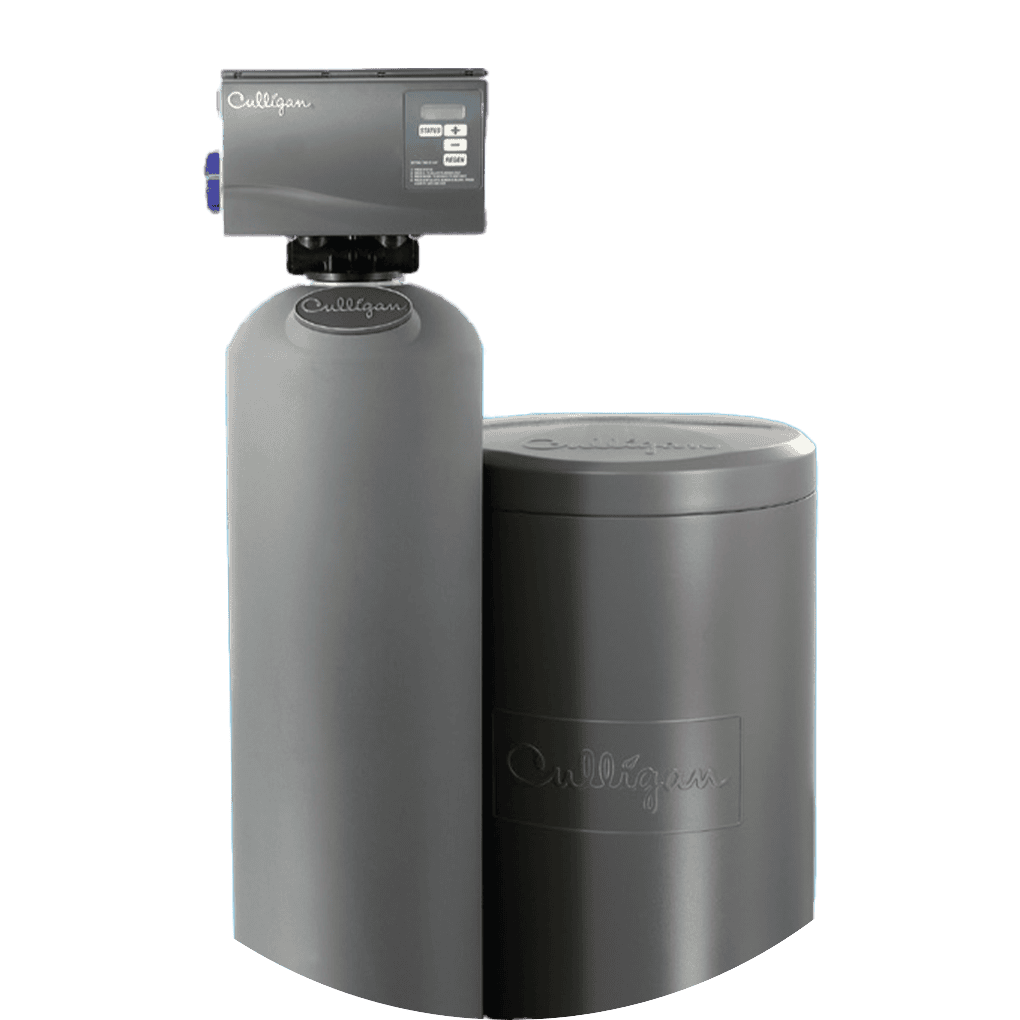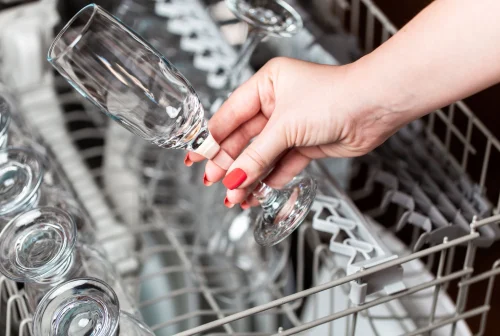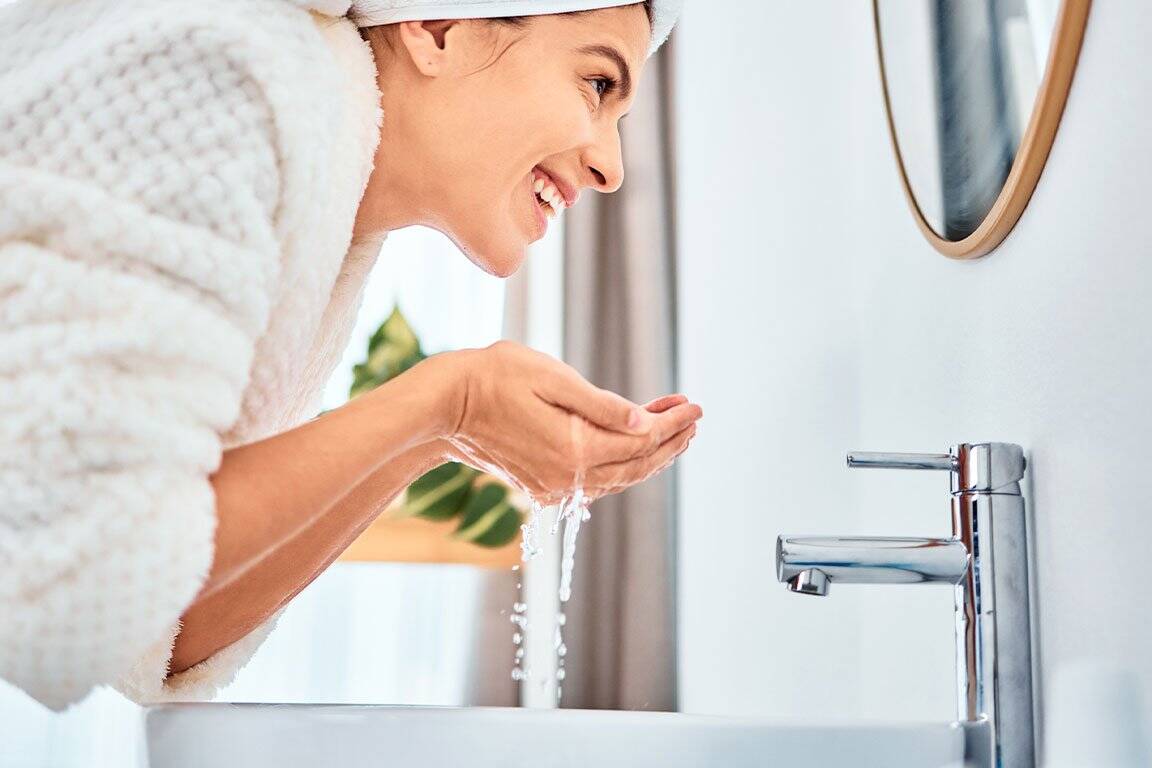Puerto Rico's Culligan
Home Water Softeners
Soft Water Benefits You and your Home
With a Culligan water softener system, you and your home benefit from less buildup on sinks and showers to smoother hair and skin, the difference soft water makes in your home is undeniable.
Popular Puerto Rico Water Softeners

Aquasential® Smart High-Efficiency (HE) Water Softener
The world’s most efficient water softener*
Reduces operating costs by 46%
Culligan Connect™ App gives you 24/7 monitoring and control of equipment
Extends lifespan and efficiency of your home’s water using appliances

Aquasential® Select Series® Water Softener
All features of a Culligan water softener in an affordable design
Reduces damaging scale buildup in water-using appliances
Demand regeneration saves water, salt and electricity
Operates even in a power outage
How a water softener works
Water softening utilizes a process called "ion exchange" to remove dissolved minerals such as calcium and magnesium.
These minerals can’t be trapped by a filter, so a molecular reaction is required. Water softeners have resin beads that hold onto sodium, and as hard water flows through the resin, the sodium is swapped for the hard water minerals. The hard water minerals are trapped inside the softener so they never reach your skin, hair or plumbing fixtures.
Benefits of Water Softening
Longer-Lasting Appliances
Hydrated Hair and Skin
Brighter Laundry
Greater Savings

Get more out of your water-using appliances
Culligan water softeners protect against the most common water problem in Puerto Rico – hard water. These efficient, industry-leading systems eliminate concerns such as scratchy laundry, dull hair, dry skin, spotted glassware, scale buildup and high utility bills.
Get a free,
no-obligation quote
Receive personalized advice to start enjoying the best water.
A Culligan Softener gives you
Brighter laundry
Sparkling, spot-free dishes
Softer hair and more hydrated skin
Easier cleaning and longer-lasting appliances
These water softeners can help solve water problems commonly found in areas across Puerto Rico such as
Hard water
High Iron Water
Smelly water
Frequently asked questions
What is hard water?
According to the Water Quality Association, hard water contains dissolved minerals above one grain per gallon (GPG), though relative levels of hardness have been established and are as follows:
- Soft – less than 1 GPG
- Slightly hard – 1 to 3.5 GPG
- Moderately hard – 3.5 to 7 GPG
- Hard – 7 to 10.5 GPG
- Very Hard – 10.5 and higher GPG
What are the effects of hard water?
Hard water is a common problem in Puerto Rico. The presence of hard water in your home results in:
- Limescale buildup around faucets or showerheads
- Soap scum on shower walls, bathtubs, sinks and other fixtures
- Plumbing and pipe corrosion
- Streaky or spotted dishes
- Stiff, scratchy laundry
- Irritated, dry skin or dull, lifeless hair
- Decreased efficiency of appliances and more frequent breakdowns
- An increase in the amount of soap and detergent needed for cleaning
What is the difference between softening and filtering water?
You don’t have to be a water expert to understand the basic principles behind water softening and water filtration. Here’s an abridged version of what happens when you soften or filter water.
Softening water involves a process called “ion exchange” to remove dissolved minerals such as calcium and magnesium that can’t be trapped in a filter bed. Softeners contain resin beads with sodium attached. As water enters the tank, dissolved calcium and magnesium are attracted to the resin. The resin swaps the sodium in exchange for the dissolved minerals, helping to remove the impurities from the water.
Meanwhile, filtering water involves the separation of particles from H2O. By passing water through a “filter bed” or “media bed”, these granular particles are trapped and cleaner water flows to your tap. Water filters reduce a wider array of contaminants than water softeners.
Is it safe to drink softened water?
Does a water softener require maintenance?
Yes, to continue operating at peak performance, a water softener requires regular maintenance. Having your local Culligan water expert perform an annual inspection on the equipment will not only extend the lifespan of your water softener, but it also has the potential to decrease future repair costs. Part of this inspection will include water testing, which helps to identify other contaminants that may impact operation.
Water softeners are usually trouble-free. Especially if salt levels are regularly monitored. Culligan water can help with scheduled salt delivery service that checks over the unit and saves you from transporting and lifting those heavy bags.
But if you prefer to do it yourself, make sure to use quality solar salt. That should lessen another issue — salt bridging in the brine tank. A salt bridge is a layer of hardened salt crust. If you suddenly lack soft water or your softener stops using salt, you should check the brine tank before calling for service. High temperatures, humidity or poor salt quality can create a bridge and prevent the softener’s resin beads from regenerating. In clearing salt bridges, use caution because improper cleaning can puncture a hole in the wall of your water softener.
What size water softener do I need?
The exact size/capacity of the water softener needed in your home depends on a variety of factors, including:
- The hardness of your water
- The service capacity from your well or municipal water supply
- Your typical household water usage
- Overall flow rate
Ultimately, the process of selecting the best water softener for your home doesn’t have to be complicated. Working with your local Culligan water expert is a quick and easy way to find the correct size for your household. Getting this right is important for ensuring the best water quality and maximum efficiency.




